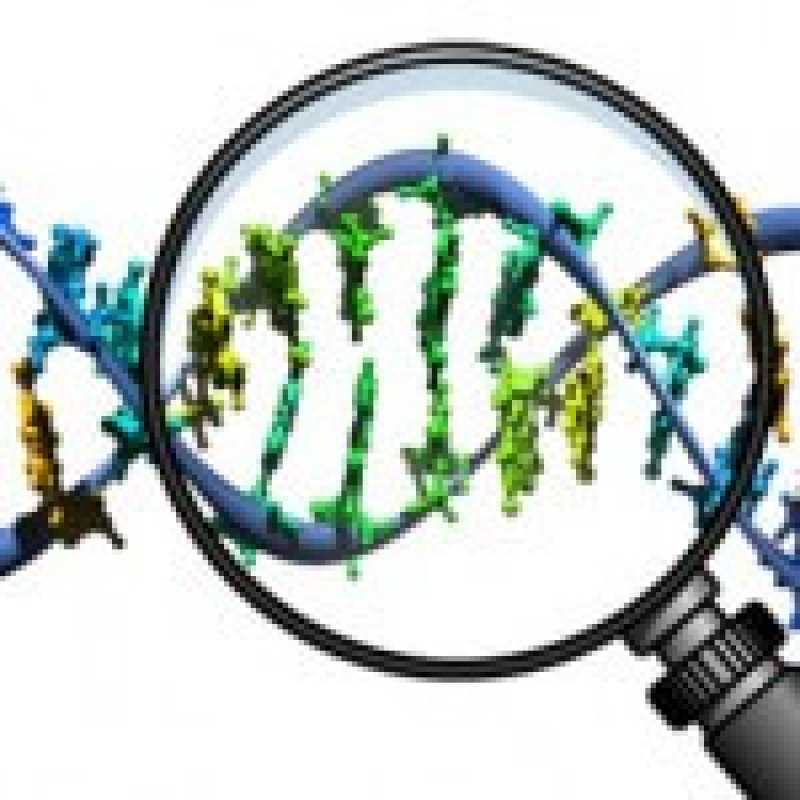The following is an edited excerpt.
Most Californians are probably familiar with genetic testing companies such as 23AndMe that will screen customers’ DNA for their predisposition to cancer, diabetes, Parkinson’s, Alzheimer’s and a host of other diseases. But less known is that a growing number of firms are also offering paternity testing — with or without a person’s knowledge — as well as “infidelity testing,” in which an allegedly unfaithful partner’s underwear is secretly screened for genetic traces.
And under California law, such genetic snooping is perfectly legal.
Now, legislators in Sacramento are considering a bill to change that. Senate Bill 222, which faces a key hearing Thursday, would require a donor’s consent to collect, analyze or share genetic information.
Read the full article here: California bill would prevent genetic-testing firms from using surreptitiously obtained DNA































